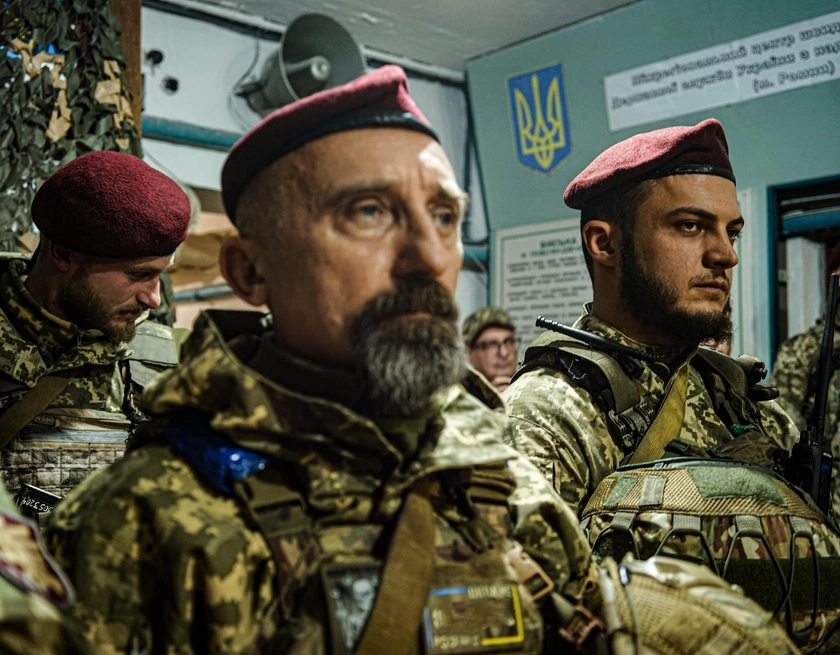The US Senate, after five months of delay, appears to be on the verge of deciding on future aid for Ukraine. Though a step in the right direction, experts caution that the outcome is still far from clear.
On Sunday night, Feb. 11, Senate legislators cleared the final procedural hurdles that will now allow a full Senate vote on aid for Ukraine, Israel, and Taiwan, something that President Joe Biden proposed in October. The Senate bill is expected to receive bipartisan support from both Democrats and Republicans.
JOIN US ON TELEGRAM
Follow our coverage of the war on the @Kyivpost_official.
Senate leaders hope that the bipartisan approach may inspire some Republican House members to vote in favor of the aid, despite presidential hopeful Donald Trump’s insistence that foreign aid not be passed before the US elections in November.
Steve Moore, a Republican strategist who worked in the US Congress for many years is optimistic. “Most likely, the aid package will pass the Senate,” he said. However, Moore cautions that in the House, “Ukraine aid is hanging by a very thin thread.”
Moore added that “The Speaker of the House decides what legislation will be put on the floor for a vote. Kevin McCarthy lost his job, in part, because the last aid package in October passed the House with a majority of Republicans voting against it. Speaker Johnson is unlikely to revisit his sin.”
However, unlike most legislation, Moore explained, Republicans are most likely going to use a “discharge position,” a technical move that would allow them to go around the Speaker.

Americans Fighting in Ukraine Criticize Trump’s Treatment of Zelensky, Embrace of Russia
The tactic is quite rare and “has worked only a handful of times in the last three decades,” according to Moore. He said that even if it does go to a House vote “the soonest the vote would come is March 1.”
In Ukraine, the ongoing uncertainty about what will transpire next on the front keeps people on their toes, but the added lack of clarity about what will come next in Washington only compounds the angst.
Ihor Solovey, who heads the Office for Strategic Communications (STRATCOM) in Ukraine, said: “Signals of support from partners and the situation on the battlefield keep people optimistic about how the war will develop and under what scenarios.” However, recent disappointments have changed the perspective of many Ukrainians.
Solovey said that locals “have become more cautious about estimating when things will happen in the war,” citing the recent example of the overestimation of “expectations from the counteroffensive, which did not take place due to the limited resources of the [Armed Forces of Ukrainian].”
President Zelensky had earlier commented: “It is necessary to maintain American support. And I am grateful to our American partners who recognize this. We cannot let Russian war and evil spread.” He added: “Putin sobers up only when he sees strength in front of him. Strength is required. I am grateful to everyone who helps us increase it.”
As of now, a majority of senators have voted to end the debate about the bill, so it can be voted on. But it will then face a tough passage in the House of Representatives, whose Speaker, Mike Johnson, a Republican, declared on Monday that he will oppose the bill as written.
You can also highlight the text and press Ctrl + Enter











